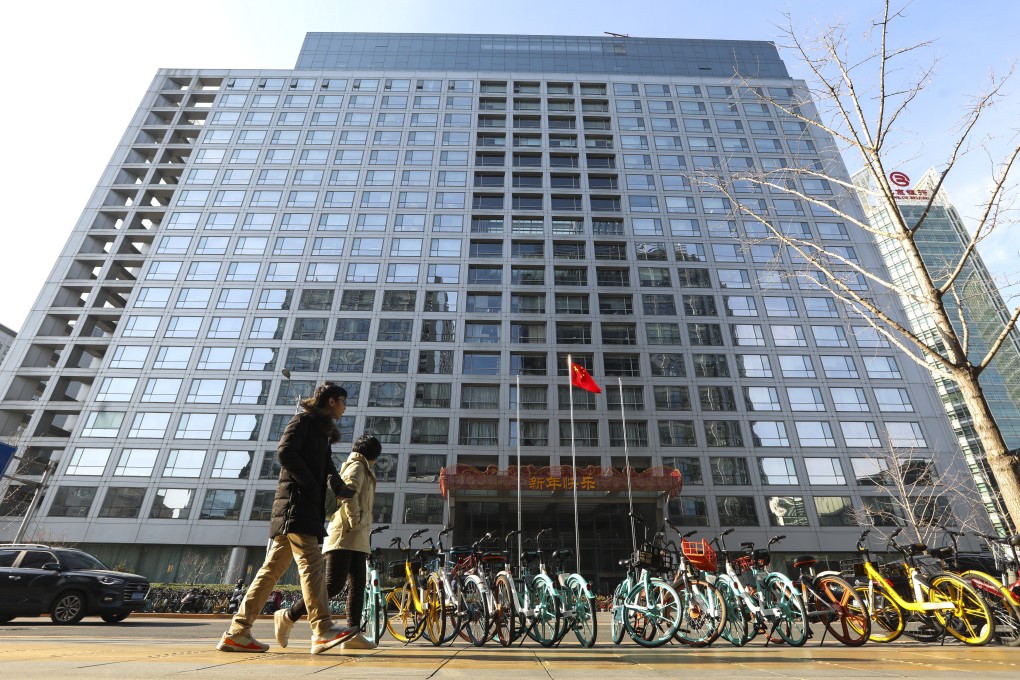China prods more institutional funds into stock market to wean punters from one-way bets
- Fostering more institutional investment is among the regulator’s top priorities for 2021: statement
- China wants to expand its stock mutual fund industry after seeing record inflows this year from private household savings

The move follows other measures to improve the quality and depth of the market as authorities struggle to persuade mom-and-pop investors to put their money with professional fund managers 30 years after the birth of the stock markets in Shanghai and Shenzhen. China is home to 176 million retail investors, almost twice the membership in the Communist Party of China.
“The purpose is still to encourage long-term investment and get retail investors away from the market,” said Wu Kan, an investment manager at Soochow Securities in Shanghai. “We’ve already seen less wild swings these days and that’s very relevant to the increase in the number of institutional investors.”
The Shanghai Composite Index has gained 11 per cent so far this year, and the ChiNext gauge of smaller companies in Shenzhen has jumped 58 per cent. China is the first major economy to rebound from the Covid-19 slump after bringing the pandemic under control.
The recovery in sentiment has not led to increased volatility so far. The 100-day volatility measure for the Shanghai Composite is at its lowest level since January, according to Bloomberg data.